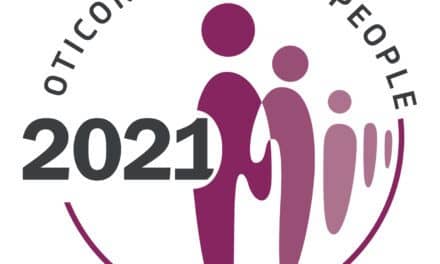The American Speech-Language-Hearing Association (ASHA) announced the commemoration and reflection on three decades of progress under the Americans with Disabilities Act (ADA). The landmark civil rights legislation, which prohibits discrimination against individuals with disabilities, was signed into law on July 26, 1990, by then-President George H. W. Bush.
“The ADA challenged the routine, and generally accepted, practices of discrimination against people with disabilities—in the workplace, in the classroom, and in just about every setting in America,” said Theresa H. Rodgers, MA, CCC-SLP, ASHA 2020 President. “Since it became law, the ADA has positively impacted the lives of millions of Americans with disabilities, including those with communication and related disorders. This important anniversary strengthens our resolve to continue the work that remains to make our society just, fair, and truly inclusive for those with disabilities. While recognizing this has not yet been fully achieved, we also celebrate the tremendous strides that have occurred because of the ADA.”
An early supporter of the ADA, ASHA has been active on several fronts over the last 30 years because of the landmark law.
ASHA received a grant from the US Department of Justice to develop free technical support and informational materials—such as training information on effective communication and accessibility for people with communication disorders—in various types of public facilities and services. That effort included contributing to the development of the McDonald’s restaurant picture menus, an advancement that made ordering more accessible for people with disabilities at the then-largest fast food chain in the nation.
ASHA has also actively contributed comments, testimony, and support for a host of other ADA rules and guidelines that have helped make society more accessible for those with communication disorders. These rules and guidelines have included the provision of Next Generation 9-1-1 emergency services, movie theater captioning, web accessibility, and data collection regarding disability status.
Examples of current areas of focus include further supporting individuals with disabilities who are interested in entering the communication sciences and disorders professions and developing additional consumer and ASHA member information as it relates to the unique challenges of people with communication disorders in the COVID-19 environment.
Source: ASHA





